Boiling water is an old method of purifying water for drinking that is still followed by people today. Many people cannot afford expensive filtration methods and boiling water before use is an affordable alternative.
Table of Contents
However, the question is: Does Boiling Contaminated Water Make It Safe To Drink? How effective is boiling water as a method of purification? Is boiled water of the same quality as filtered water? We will answer all your queries about boiling water in this article.
In a nutshell, boiled water is generally safe to drink, as all germs and bacteria are killed during the boiling process. However, chemicals and minerals may still present.
How to boil water?
Water should be boiled following these simple steps to make it suitable for drinking:
- First, if you can see any particles or dust in your tap water, sieve it using a coffee filter or a muslin cloth. Alternatively, let it settle for some time.
- Transfer the water to the pot and bring it to a boil.
- Once it reaches the boiling point, continue boiling the water for three minutes.
- Turn off the gas and allow the water to cool to room temperature.
- The cooled-down water can then be stored in bottles with tight lids.
- It is also recommended to sterilize the water bottles or wash them before use.
Advantages Of Drinking Boiled Water
Following are the 6 advantages of drinking boiled water:
- It’s the simplest method of purifying your tap water.
- Water purified by boiling helps provide good blood circulation.
- Boiling kills germs, bacteria, and other impurities present in the water.
- The essential minerals are not eliminated.
- The chemicals that have lower boiling points than water are also removed.
- It’s an easy to purify tap water that does not require any professional help.
Disadvantages Of Drinking Boiled Water
There are also a few disadvantages to this method. Let’s have a look:
- Boiling water takes a lot of energy. People who drink boiled water regularly can notice a big difference in their electricity or gas bills depending on which mode of energy they use to boil the water.
- Toxic metals are not removed. Many metals have higher boiling water than water and boiling the water won’t remove them. To eliminate these toxic metals, water still needs to pass through a filtration system even after it has been boiled.
- The boiling water also contains traces of dissolved impurities. Sometimes the vaporization process does not quite finish, and some toxic substances’ sediment can still be found in the water.
- Boiling water requires a lot of time and patience; it’s not as quick as a filtration process. The water is first boiled and then has to be allowed to cool down before use, which can be time-consuming.
- While some beneficial minerals are not eliminated, others are lost during the boiling process.
Filtered Water
Filtration is another method to make your tap water safe for drinking. During this process with the RO system, water is passed through a membrane that absorbs all the impurities and bacteria, allowing the purified water to flow from the outlet and into your glass.
This is a newer and safer technology as compared to boiling water. These are some of the basic, commonly used filtration processes:
- Activated carbon filters
- Reverse Osmosis filters
- UV filters
- Ceramic filters
- Ion exchange filters
- Mechanical filters
Boiled Water Vs. The Purified Water
- Purified water is made free of chemicals and metals during the filtration process. Whereas boiled water still retains some chemicals and metals. Boiling only removes germs, bacteria, and a limited amount of chemicals from the water.
- Even after boiling, the water still has some residue of any of these kinds of toxic materials that may have been present. On the other hand, purified water eliminates all toxic substances.
- Boiling water requires a lot of energy. By contrast, filtration systems can work without supervision and only need a one-time installment.
- During the filtration process, the water flows through membranes to purify it. Sometimes, these membranes can be damaged. Often, this damage won’t be noticed until you see particles in the purified water. Boiled water, on the other hand, has no such issues.
- High water pressure is required for a filtration system to work efficiently, whereas boiling water does not depend on water pressure.
- A lot of water can be wasted by filtration systems during purification. However, only a small amount of water is wasted when boiling the water.
- Not every filtration system eliminates all the bacteria and chemicals from the water. Hence, purified water can also contain some microorganisms and pesticides.
Boiling Contaminated Tap Water Is Not Safe If:
- Your tap water has a lot of chlorine.
- Your tap water has a high amount of toxic chemicals including lead, arsenic, mercury, and barium.
- The water is highly contaminated and does not taste good even after boiling.
Conclusion
Boiled water can be safe for some people and unsafe for others; it all depends on the tap water quality in your area. If you still feel boiled water does not suit you or it does not taste good, opting for a filtration system is the best solution.

I like you use water every day in everything I do. I love to find better ways to filter water I drink, soften hard water and find amazing water bottles for when I’m on the go.
I want to share what I find with you and review the options you might be looking for.
Author Profile – Tony Cosentino
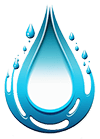
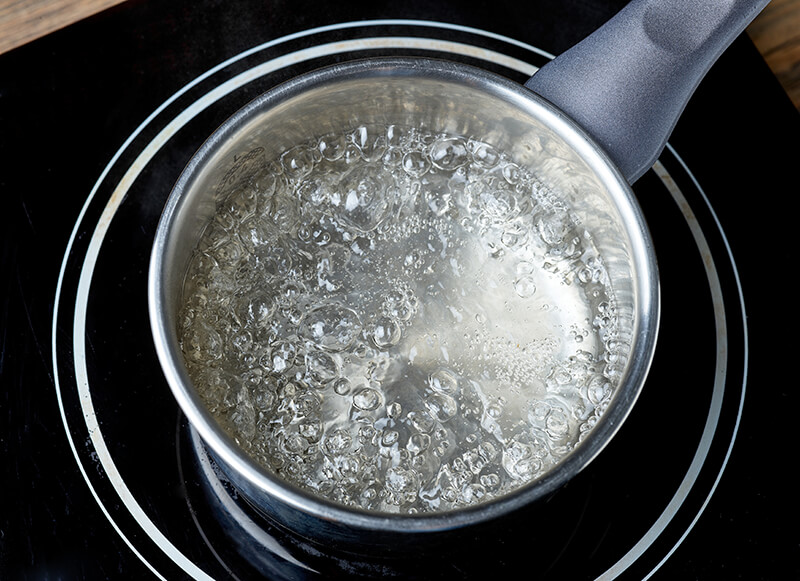
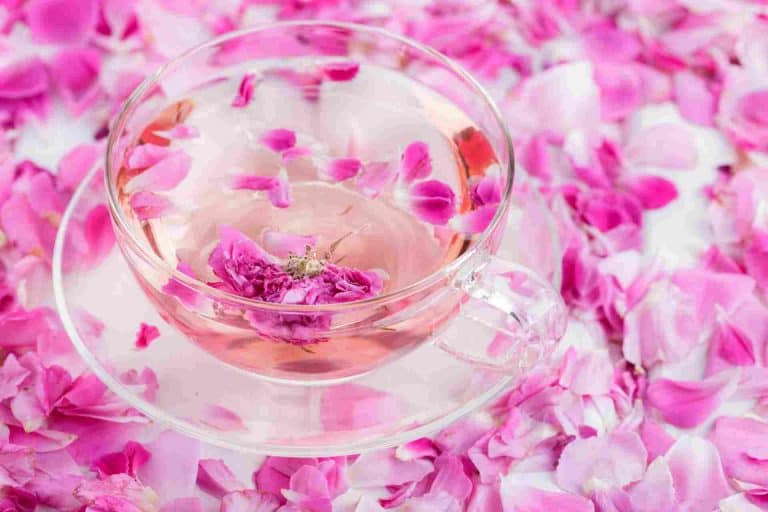
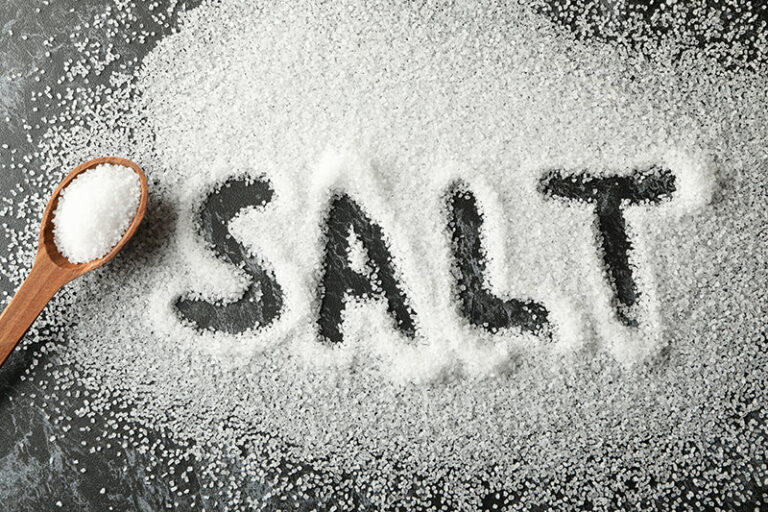
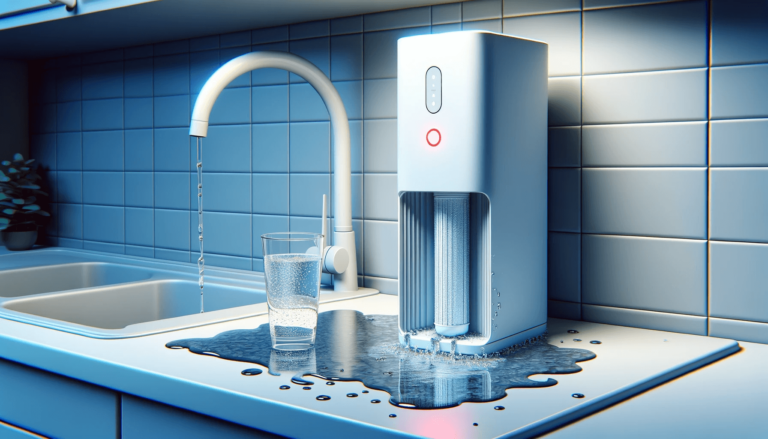
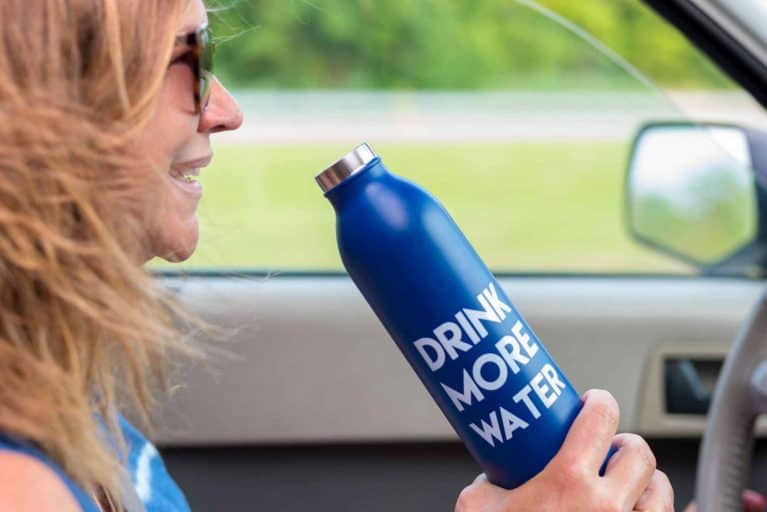
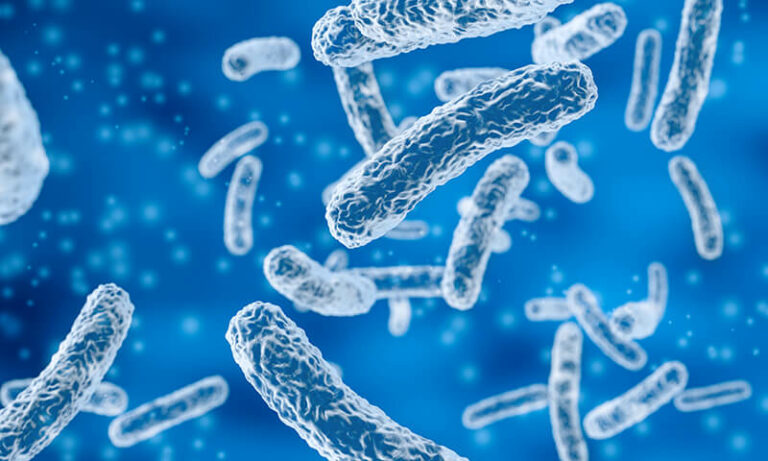
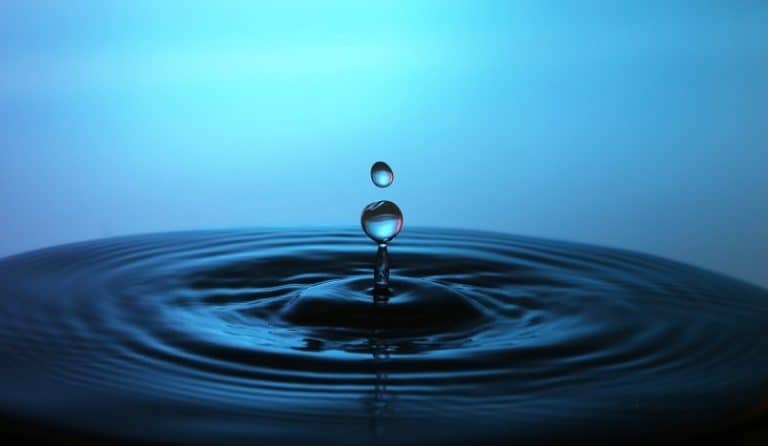
While boiling water is indeed an effective method of purifying water, it can be time-consuming and requires a heat source. An alternative solution to consider is using a portable water filter or purifier. These devices are designed to remove bacteria, viruses, and other contaminants from water, making it safe for drinking. They are compact, easy to use, and can be carried anywhere, making them a great option for outdoor activities or emergencies. Additionally, some filters are equipped with advanced technology that can even remove heavy
I have always been interested in finding ways to live a more sustainable and self-sufficient lifestyle. One of my personal goals is to learn more about alternative methods of water purification, including boiling water. I believe that having the knowledge and skills to purify water using traditional methods can be incredibly valuable, especially in emergency situations or when access to clean water is limited. In addition to boiling water, I also plan to explore other methods such as using water filters, solar disinfection, and rainwater harvesting.